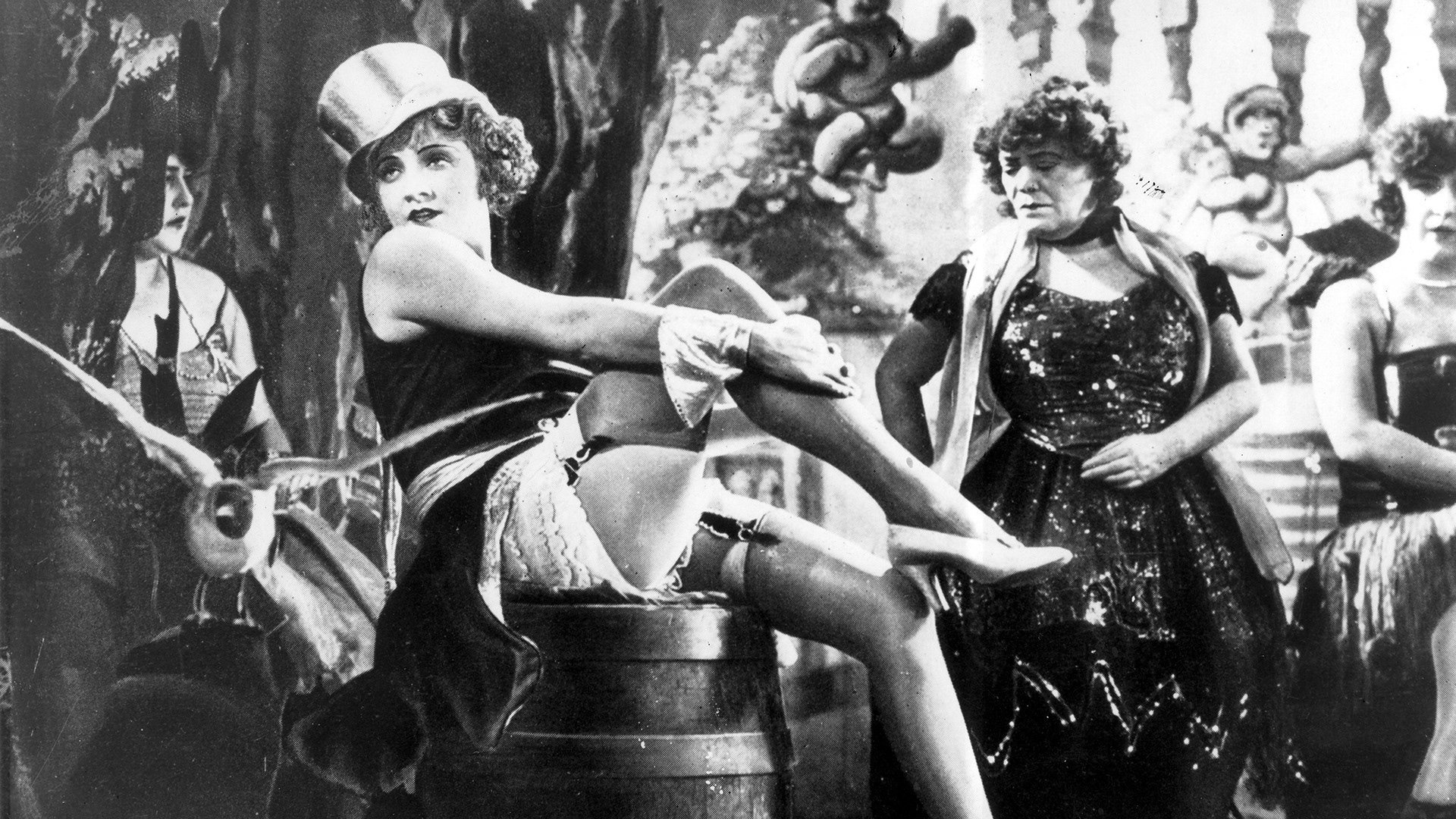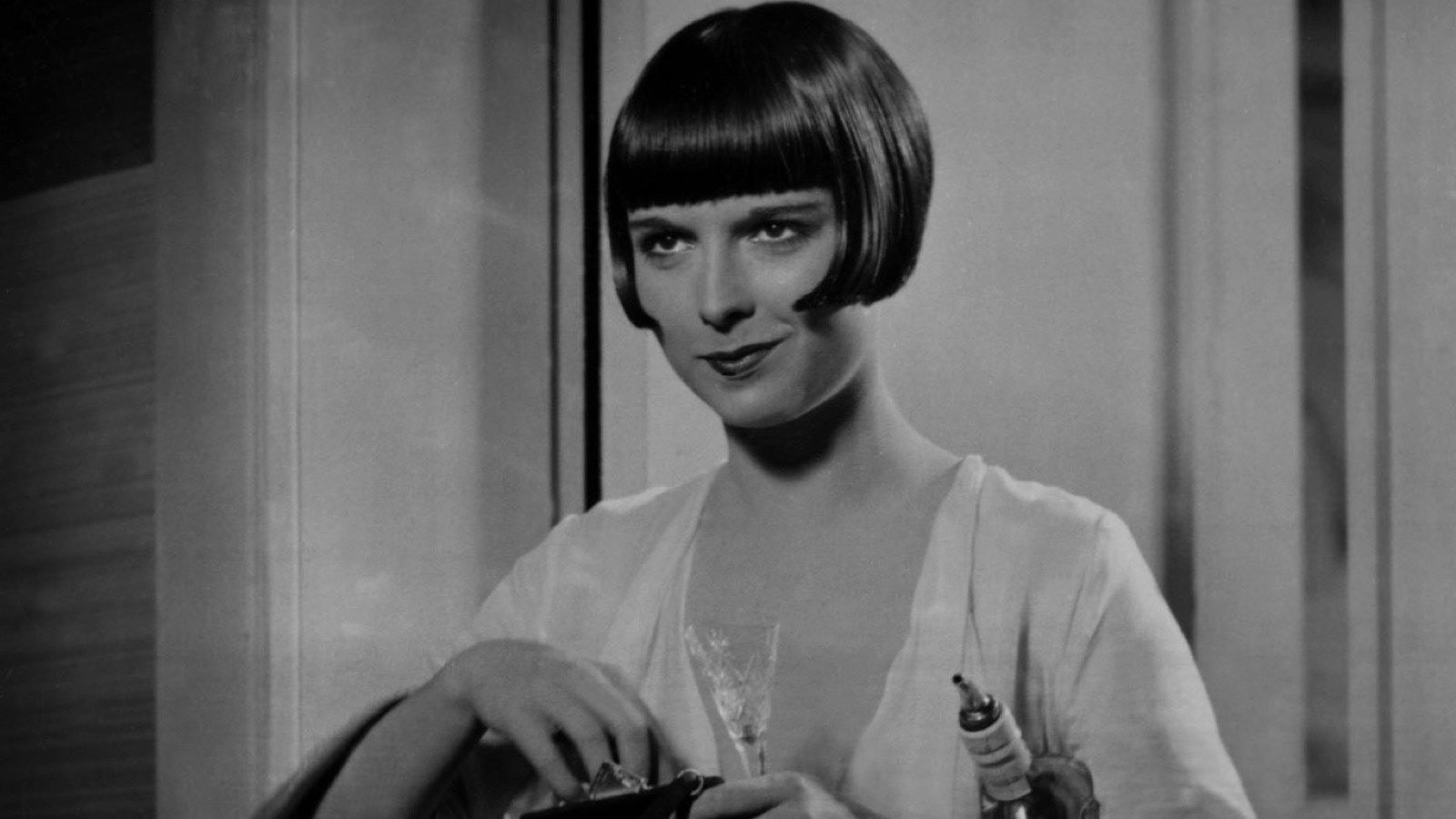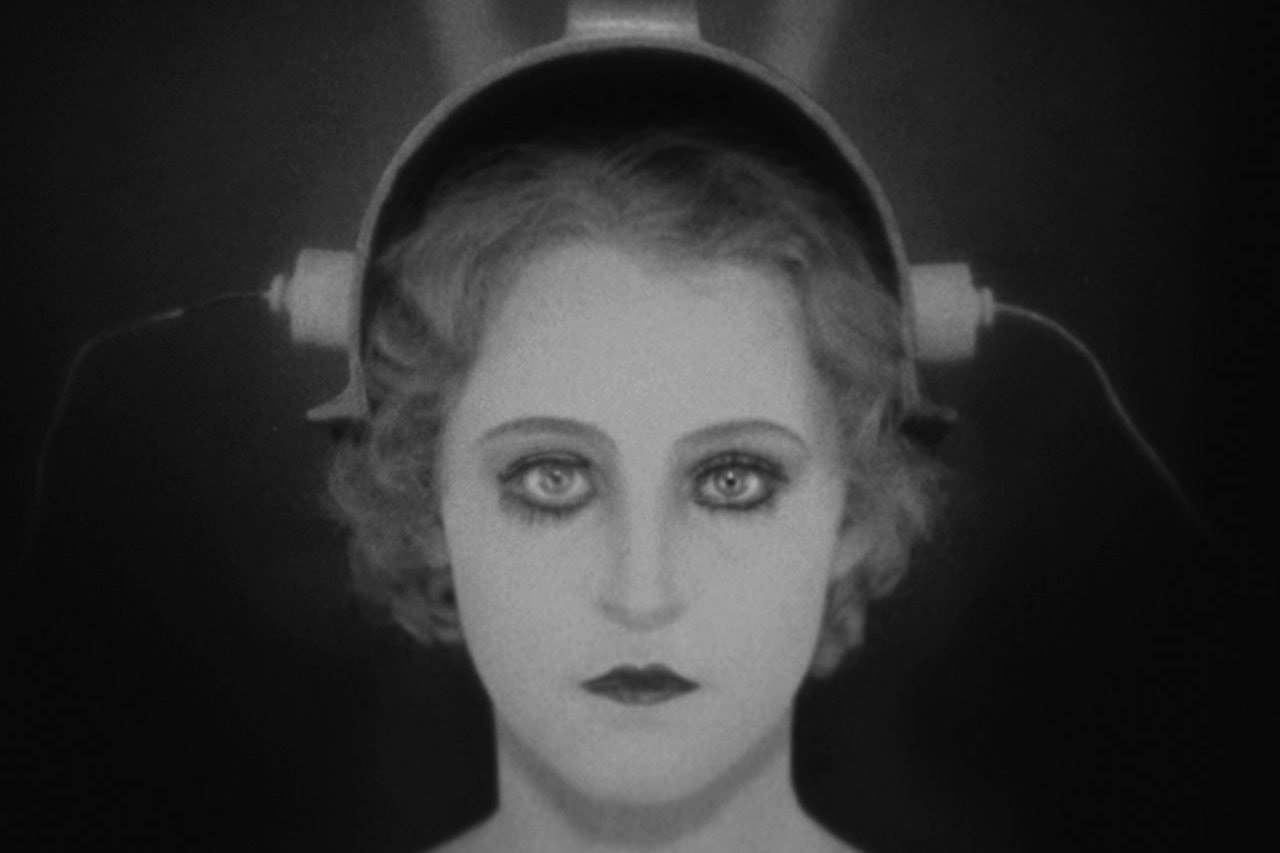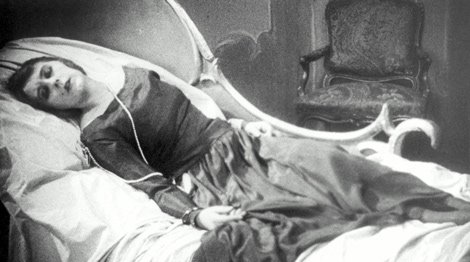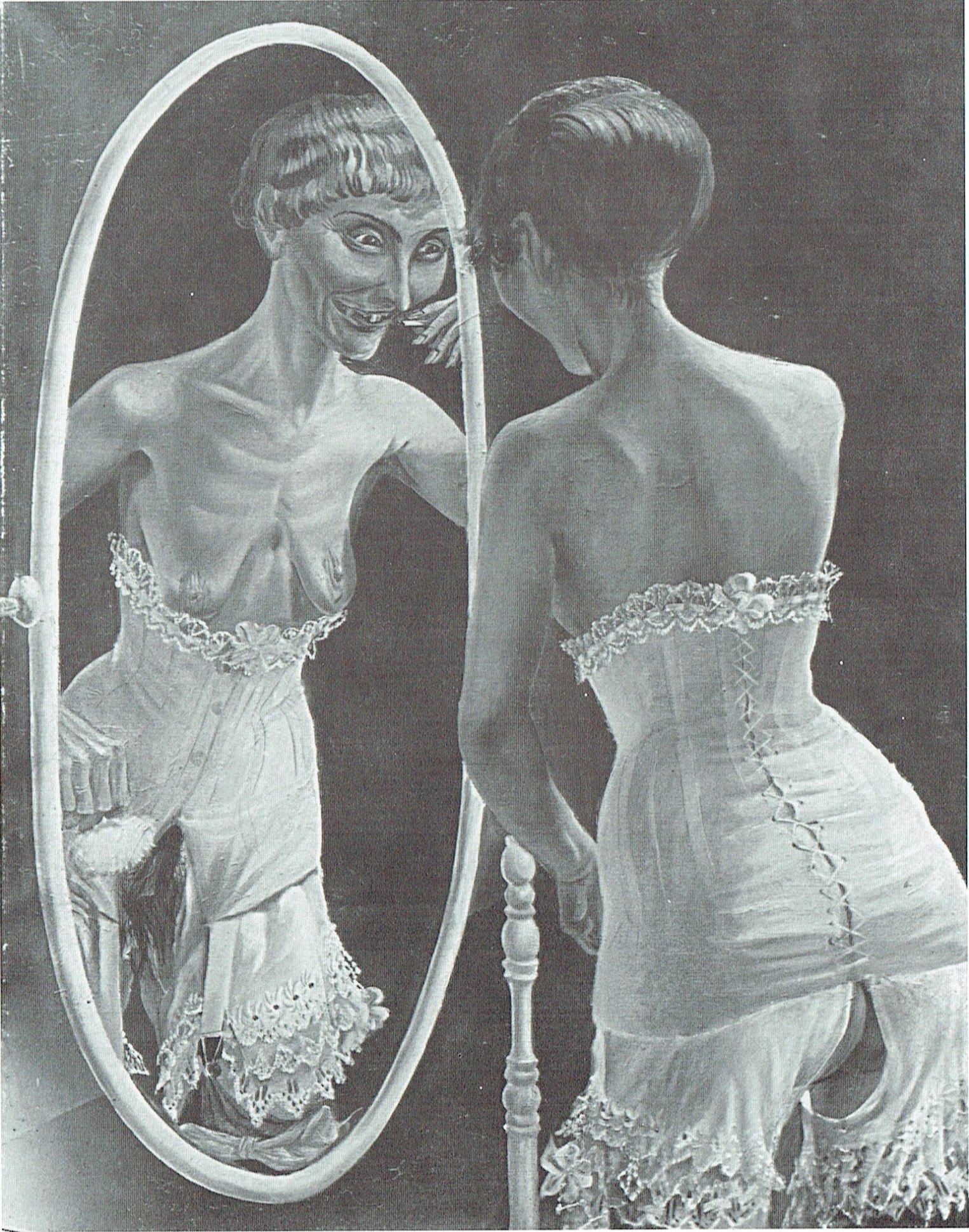Representation of Women in Weimar Films
A feminist analysis of popular Weimar films like Pandora's Box, The Blue Angel, Metropolis, and Dr. Mabuse. Themes include the femme fatale, the new woman, the male gaze, and sex as currency.
For Weimar Film and Culture - SP ‘19 - Prof. Lisabeth During
“There’s a certain perspective of films made by men, and the female characters are usually sexualized, objectified, damsels in distress, and their character have no personality; she’s only there to fulfill the man’s character progression. This is the case for films of the 21st century as well, and there’s an age old, global issue with the way women are depicted on screens, which effects the way women are viewed in real life.
“Feminist film critics of the Weimar era describe male anxieties that have been projected onto film. Trauma from the world wars made men have a conflicted sense of self, suppressed emotions, and cold exteriors.2 The castration anxiety, or feared loss of masculinity, stability, and weakened ego, created the femme fatale character and has affected women’s role in films.”
